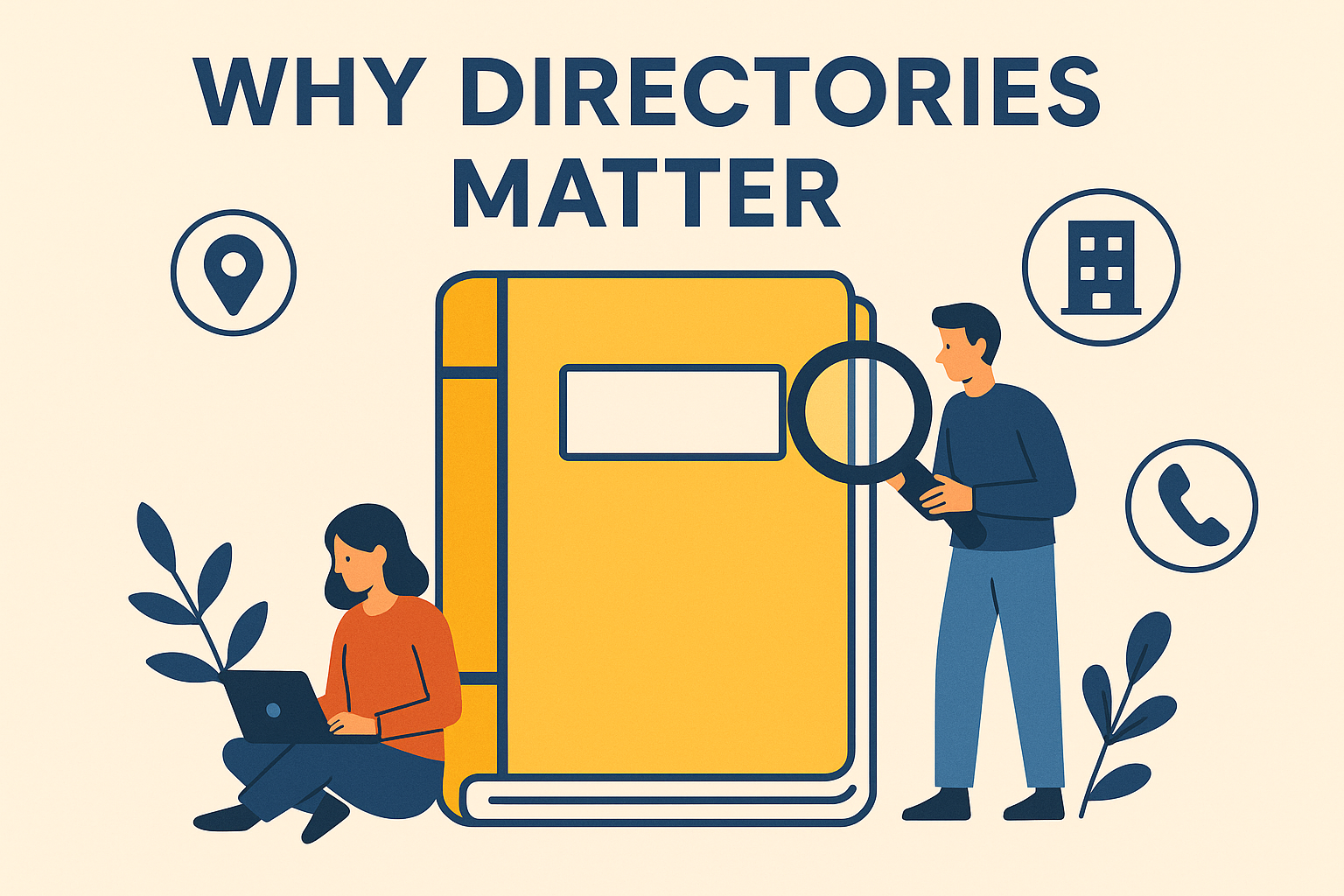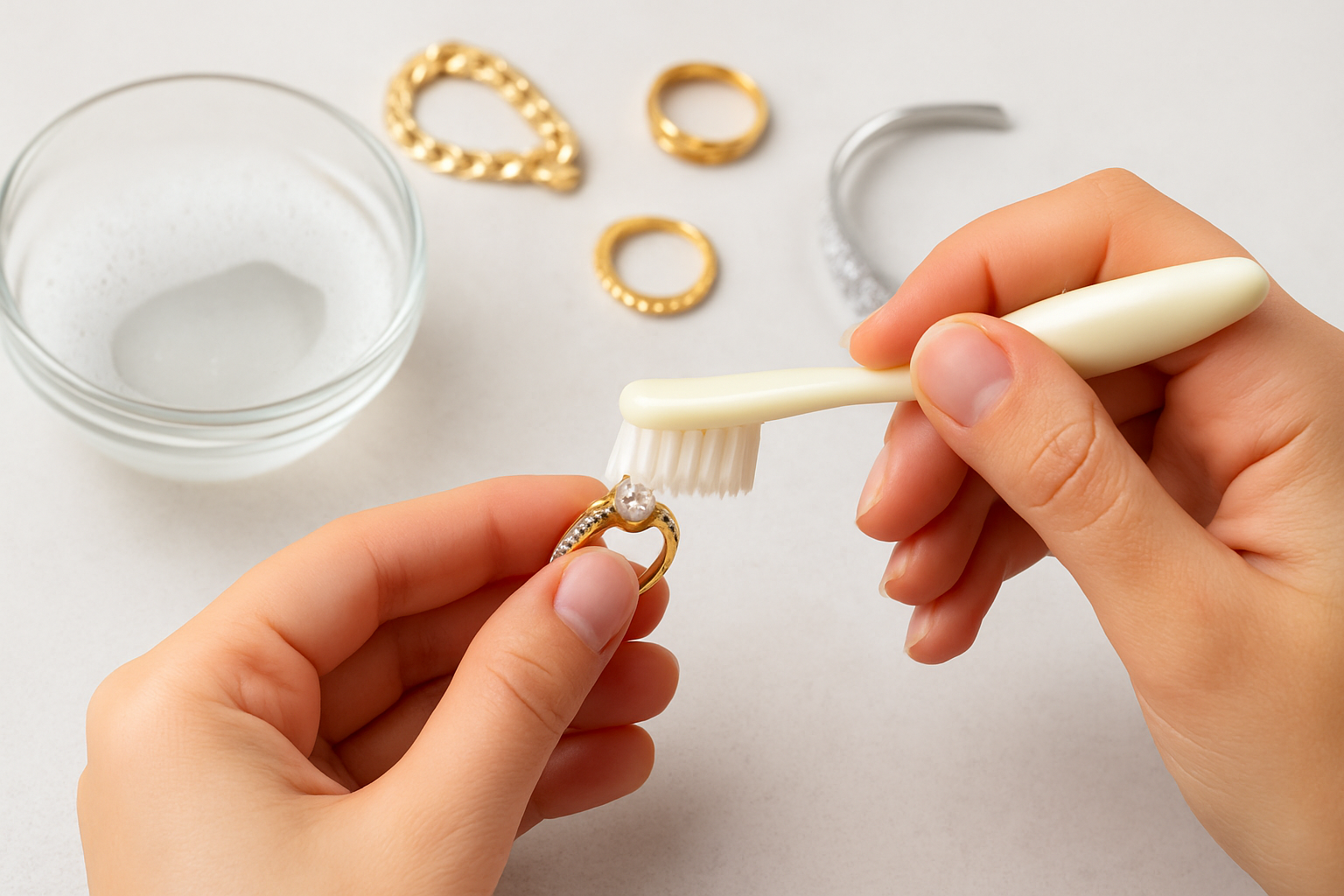Key Facts
- •Ask for written estimates and warranties before committing.
- •Look for credentials like GIA or AGS certifications.
- •Clear policies on returns, resizing, and trade-ups protect you.
- •Avoid jewellers with vague answers or pressure tactics.
What “reputable” actually means
Reputation is more than reviews—look at credentials, policies, and service precision.
A five-star review on Google is nice, but it doesn’t guarantee your heirloom ring is in safe hands. A reputable jeweller proves trustworthiness through credentials, clear policies, and transparent work practices. Reputation blends skill, ethics, and consistency—not just happy customers.
**Caution:** Don’t confuse online popularity with professionalism.
Credentials that matter (GIA, AGS, trade memberships)
Third-party credentials reduce information gaps and give you apples-to-apples comparisons.
**GIA (Gemological Institute of America):** Renowned for strict grading standards. A jeweller trained by GIA can explain stone quality in objective terms.
**AGS (American Gem Society):** Known for ethics and consumer protection. AGS members follow clear codes of practice.
**Trade memberships:** Groups like the Canadian Jewellers Association promote accountability and professional standards.
**Pro Tip:** Verify certifications directly on GIA or AGS websites.
Services and scope (repairs, custom, appraisals, resizing)
Match your need to the shop’s actual capabilities and timelines.
**Common services**
- **Resizing** → often same-day to one week
- **Repairs** → from tightening prongs to full rebuilds
- **Custom designs** → several weeks to months
- **Appraisals** → needed for insurance or resale, often with a credentialled gemologist
**Do:** Ask whether a service is done in-house or outsourced—it affects both time and trust.
Policies that protect you (warranties, returns, resizing, trade-ups)
Written policies trump verbal promises every time.
Look for:
- **Warranties** covering repairs like stone tightening
- **Return terms** with clear timelines
- **Resizing policies** included with purchase
- **Trade-ups** offering fair credit toward upgrades
**Don’t:** Accept “Don’t worry, we’ll take care of you” without paperwork.
Estimates, pricing, and transparency
A good jeweller explains costs, materials, and alternatives before you commit.
Reliable shops provide **line-item estimates** showing labour, materials, and taxes. They explain metal purity (e.g., 14k vs. 18k gold) and stone grading. Some offer **before-and-after photos** for repairs.
**Pro Tip:** Get more than one estimate for complex custom projects.
Questions to ask before you choose
Five pointed questions expose gaps quickly.
- What credentials do you or your staff hold?
- What is your warranty policy?
- How do you handle resizing or repairs?
- Do you provide written estimates?
- What’s your turnaround time for common services?
**Do:** Note how confidently and clearly they answer.
Common red flags (and what to do instead)
Walk away from vague, high-pressure, or undocumented shops.
**Red flags:**
- No written estimates
- Pressure tactics like “only today!” deals
- Refusal to show credentials
- Hidden fees
**Instead:** Choose a jeweller from a local directory with transparent profiles.
Local jeweller vs. national chain
Local shops shine in custom and aftercare; chains offer breadth and financing.
- **Local jewellers:** better at custom work, personal service, and long-term aftercare
- **Chains:** larger inventory, financing, and standardised policies
**Caution:** Don’t assume chains always cost less—local shops may be more competitive.
Real-world scenarios
Three stories show how the checklist works.
- **Engagement ring:** You compare jewellers with GIA grads, choosing one who shows stone certificates upfront.
- **Heirloom repair:** A Toronto jeweller provides before-and-after photos and a warranty on resizing.
- **Insurance appraisal:** You find an AGS-accredited jeweller whose report is accepted by your insurer.
The Pre-Purchase Checklist
A side-by-side grid to sanity-check credentials, policies, and scope.
| Item | What to look for | Acceptable answer | Red flag |
|--------------|---------------------------|----------------------------------|------------------------------------------|
| Credentials | GIA/AGS membership | “Yes, here’s my certification” | “Trust me, I’ve done this for years” |
| Warranty | Written, specific | “Lifetime prong tightening” | “We don’t do paperwork” |
| Estimates | Line-item, signed | “Here’s the breakdown” | “Ballpark, maybe $500” |
| Services | Clear scope | “We do resizing in-house” | “We send it out, not sure where” |
Key Takeaways
Quick reminders to act on immediately.
- Reputation = credentials + policies + transparency
- GIA and AGS are the gold standards
- Always demand written estimates and warranties
- Match shop services to your needs
- Red flags: pressure, vagueness, missing paperwork
- Directories help you avoid trial and error



